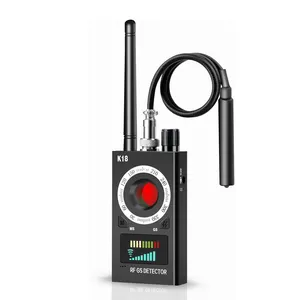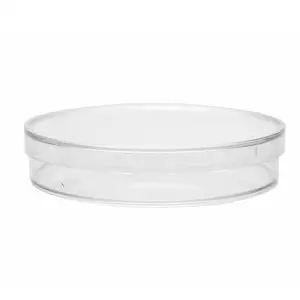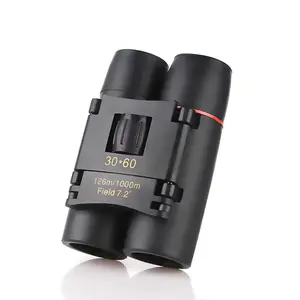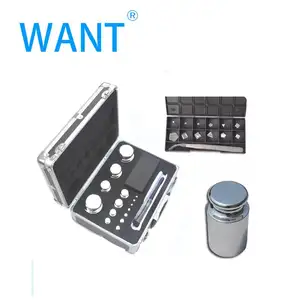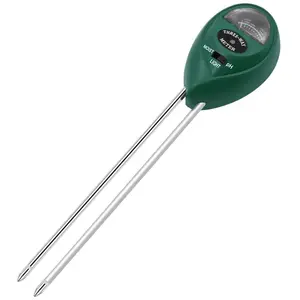Popular in your industry






















































About roundness measuring machine in machinery
Introduction to Roundness Measuring Machines
Roundness measuring machines are essential tools in the realm of precision machinery, designed to assess the roundness of various components. These machines are pivotal for ensuring the quality and functionality of parts that must adhere to strict roundness criteria. Utilized across diverse industries, from automotive to aerospace, these devices play a crucial role in maintaining the integrity of mechanical systems.
Types and Applications
There are various types of roundness measuring equipment, each tailored to specific measurement requirements. Some are suited for on-site measurements, while others are more sophisticated, requiring a controlled environment. The application of these machines spans from simple quality assurance in manufacturing lines to complex research and development labs where precision is paramount.
Features and Materials
The construction of a roundness measurement instrument involves precision-engineered materials and components to ensure reliable measurements. Typically, these machines include a rotary table for placing the object, sensors for data acquisition, and advanced software for analysis. The choice of material for the measuring surfaces is critical, often relying on hardened metals or ceramics for durability and precision.
Advantages of Precision Measurement
Employing a roundness tester in machinery maintenance and manufacturing brings numerous advantages. It ensures that parts meet specified tolerances, reduces the risk of failure in mechanical systems, and enhances overall product quality. Moreover, the data collected can aid in process optimization, leading to more efficient production methods.
Selection Considerations
When selecting a roundness measuring machine, it is important to consider the measurement range, resolution, and accuracy. Additionally, the machine's compatibility with different part sizes and complexities should be evaluated to ensure it meets the specific needs of the task at hand.
Complementary Technologies
In conjunction with roundness measuring machines, other precision instruments such as surface roughness testers and form measurement systems can provide a comprehensive overview of a component's geometric attributes. Integrating these technologies can lead to a more robust quality control process in precision machinery.
